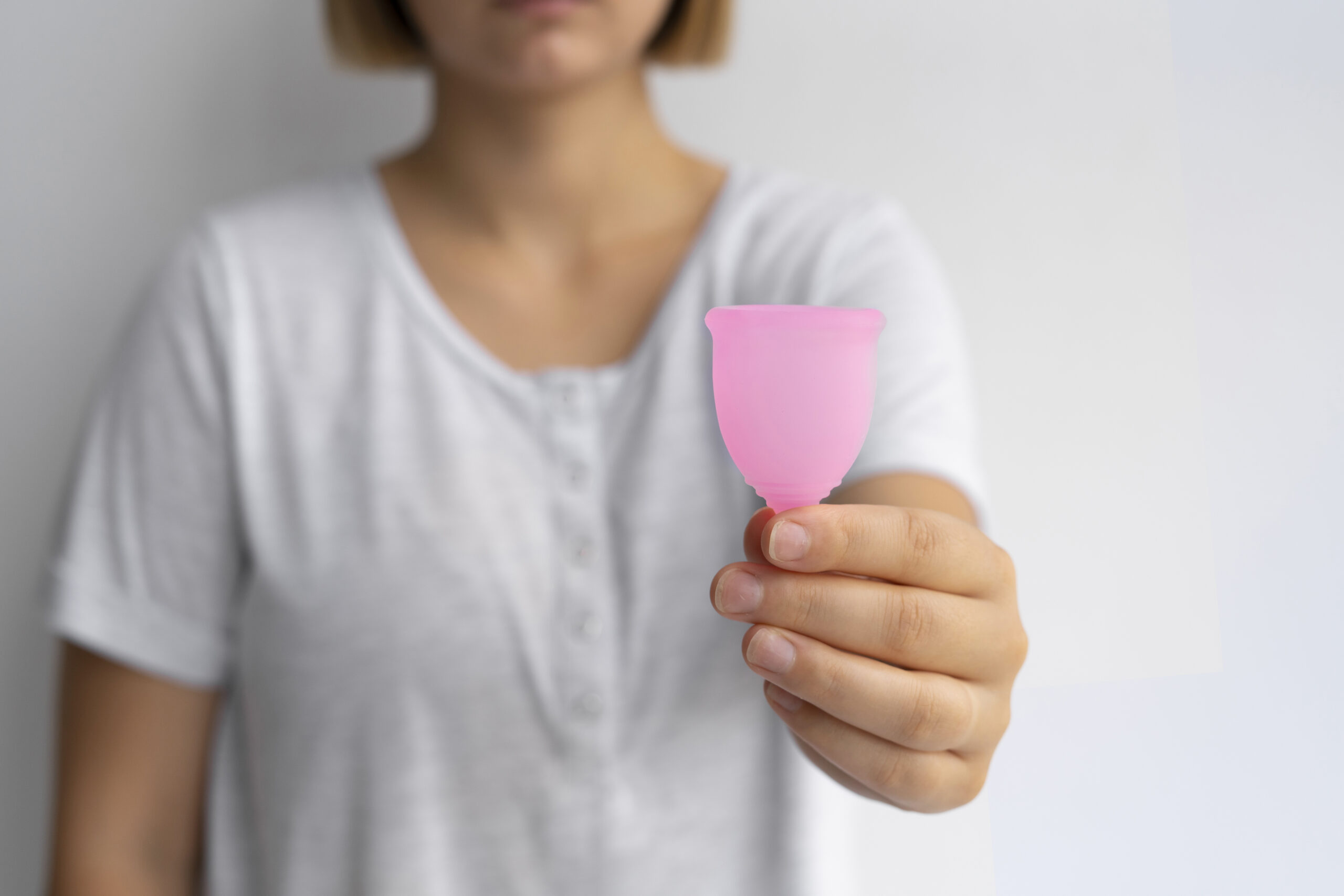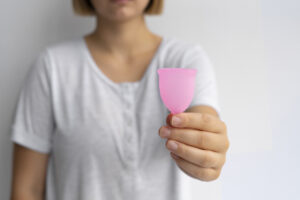In response to this neglected reality, private, collective, and philanthropic initiatives are stepping in to fill the gap. These projects approach menstrual and gynecological health as a right, not a privilege, under the emerging concept of solidarity gynecology. Through networks of professionals and social organizations, they are transforming how women’s health is addressed in vulnerable settings.
Their work takes many forms—from mobile clinics to community workshops and donations of sustainable menstrual products—and not only improves the quality of life for thousands of women but also highlights the structural gender inequities that persist in healthcare.
From an “Invisible” Problem to Tangible Solutions
Menstrual poverty is not simply a matter of lacking sanitary pads or tampons; it reflects deeper inequalities—educational gaps, absence of preventive medical checkups, misinformation, and health risks. According to UNICEF and the Fundación Huésped, thousands of girls in Argentina miss school during their periods, and a significant percentage of women in vulnerable areas do not receive annual gynecological exams, despite medical recommendations.
In many communities, where the nearest health center may be more than an hour away, gynecological care is often deprioritized in favor of more immediate concerns.
Mujeres al Cuidado is a solidarity network providing free medical care in informal settlements across Greater Buenos Aires. Since 2020, its traveling campaigns have combined gynecological checkups with sexual education workshops and the distribution of reusable menstrual cups. During each session, doctors and volunteers attend to over 80 women, identifying untreated infections and other conditions requiring follow-up, while also offering guidance on self-care and prevention.
A key component of these initiatives is the promotion of sustainable menstrual products—such as menstrual cups and cloth pads—that not only lower long-term costs and last longer but also foster environmental awareness and autonomy. In communities where a package of disposable pads represents a heavy monthly expense, these alternatives have proven transformative.
The Proyecto Dignidad Menstrual, launched by a feminine hygiene company in partnership with a network of social entrepreneurs, has distributed more than 50,000 menstrual cups across rural schools and Indigenous communities in northern Argentina.
Their model combines donation with education: each delivery is accompanied by health workshops led by medical professionals and community leaders. The project also collaborates with municipalities lacking menstrual health programs, providing statistical data and impact evaluations to inform local policy.
Mobile and Community-Based Gynecology
Another initiative, the Itinerant Community Gynecology Program, is financed by a private foundation in alliance with universities and public hospitals. Through mobile units, it travels across provinces in Argentina’s northwest and coastal regions, offering free care and performing gynecological tests, screenings, and ultrasounds in rural areas where medical services are scarce or nonexistent.
Each unit includes an interdisciplinary team—gynecologists, psychologists, nurses, and social workers—ensuring comprehensive care. Alongside consultations, the program conducts sexual education workshops and talks on cervical cancer and sexually transmitted disease prevention.
Menstrual Health as a Measure of Social Development
Access to menstrual health is not just a medical matter—it is also a social development indicator. Its absence reveals deep structural inequalities in education, employment, and housing. Without access to clean water or adequate sanitation, maintaining basic hygiene becomes nearly impossible.
For this reason, many solidarity gynecology projects also incorporate sanitation and clean water initiatives, recognizing that menstrual and reproductive health cannot be separated from broader questions of dignity, infrastructure, and equality.
Through these collective efforts, menstrual health is being reframed not as a private issue, but as a public right essential to well-being and gender equity—one that must be accessible to all, regardless of geography or income.



